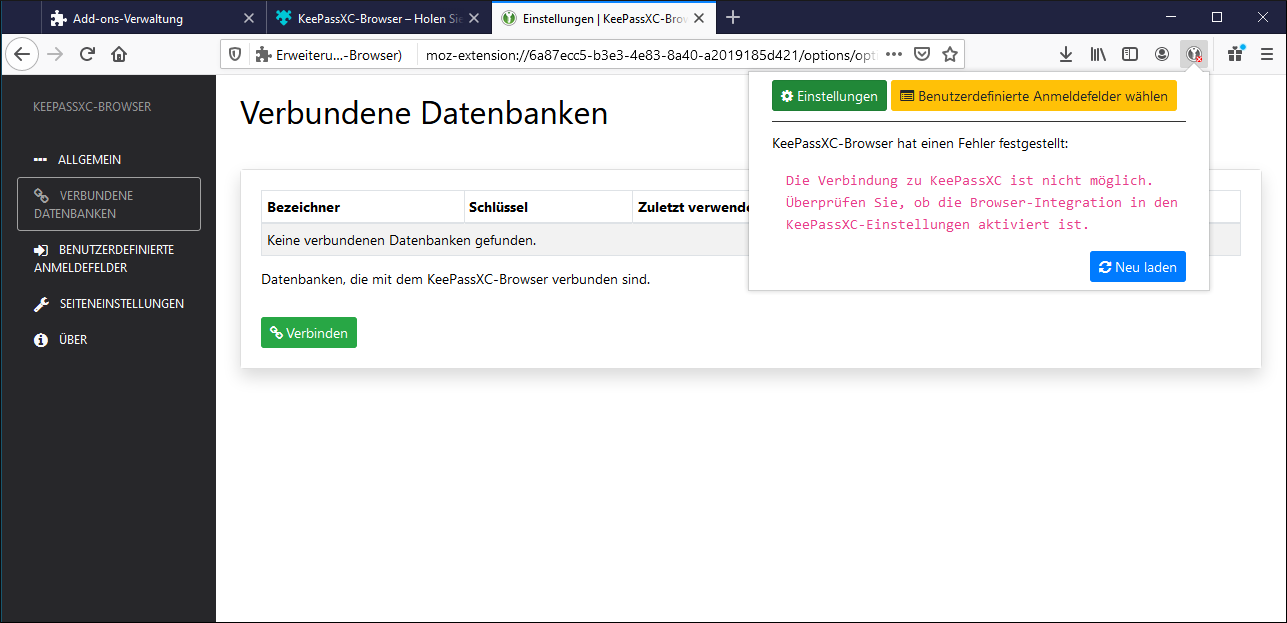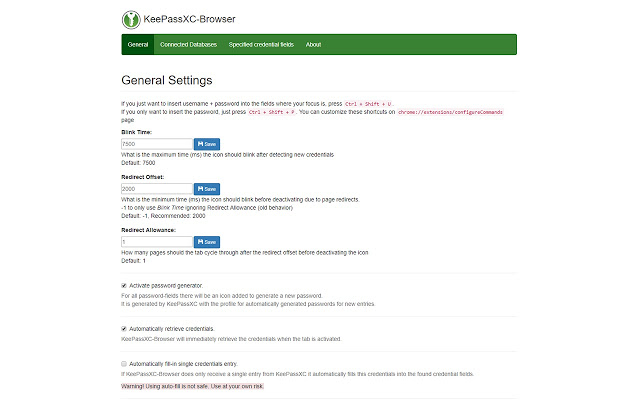

One suitable method is EFF's Dice-Generated Passphrases via their long wordlist. If you are likely to be targeted, then consider creating strong passwords manually instead and storing them in a safe physical location. īefore using a password manager like KeePassXC, conduct a risk assessment of your personal circumstances. Avoid crossing remote borders with electronic devices containing your password manager - some jurisdictions can compel/demand password disclosure and the unlocking of devices.Avoid storing passwords "in the cloud" (on remote servers) - this is more convenient but introduces the risk of a cloud vulnerability leading to an exploit.Highly capable adversaries are likely to target password managers.

Research suggests coding vulnerabilities are present in many password managers.Password managers create a single point of failure.Reliable, open-source password managers are a useful tool but they also come with risks: Note that KeePassXC does not automatically save changes when it is used, so this should be changed in the settings (otherwise unsaved password changes could be lost). This provides better account protection, particularly when combined with Two-factor Authentication (2FA).This methodology prevents the reuse of passwords across multiple services, which is a poor security practice.All passwords can be protected by a single master password/passphrase.Responses to security questions can be safely stored.



 0 kommentar(er)
0 kommentar(er)
